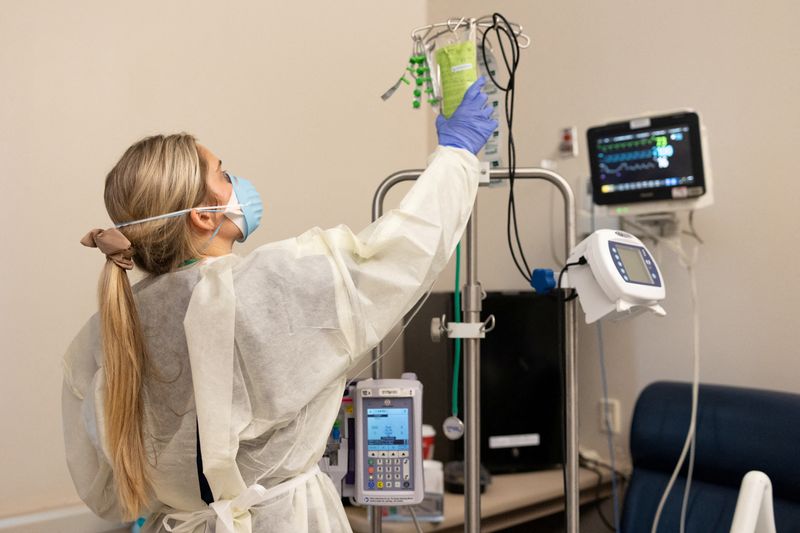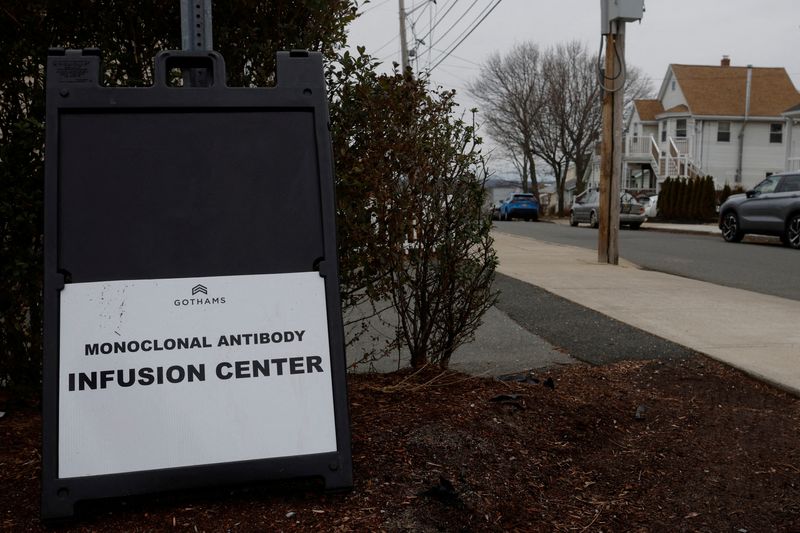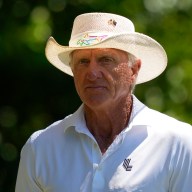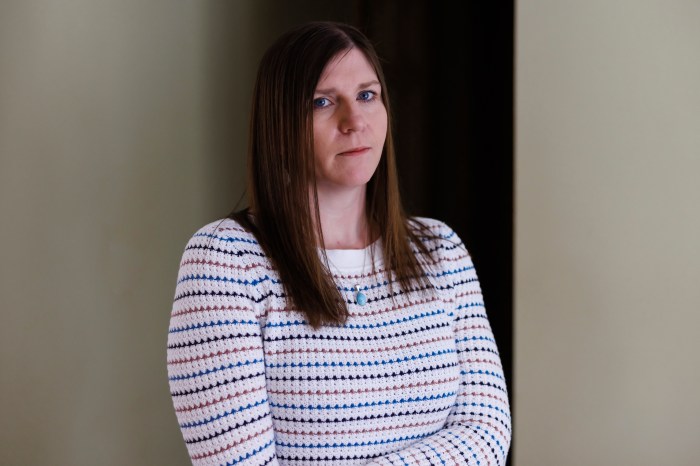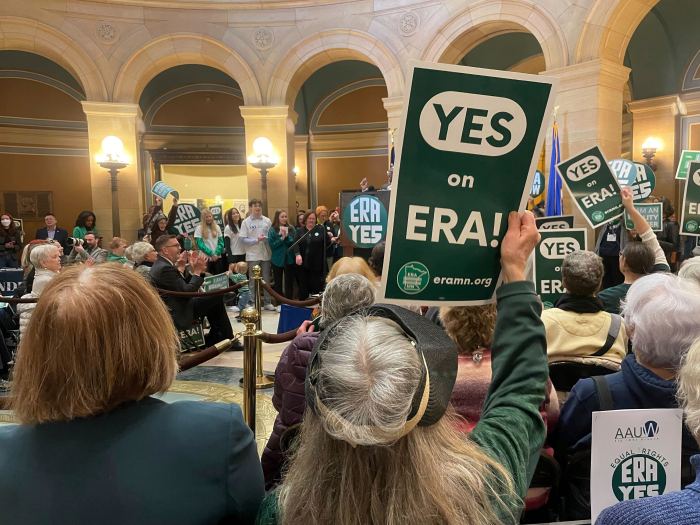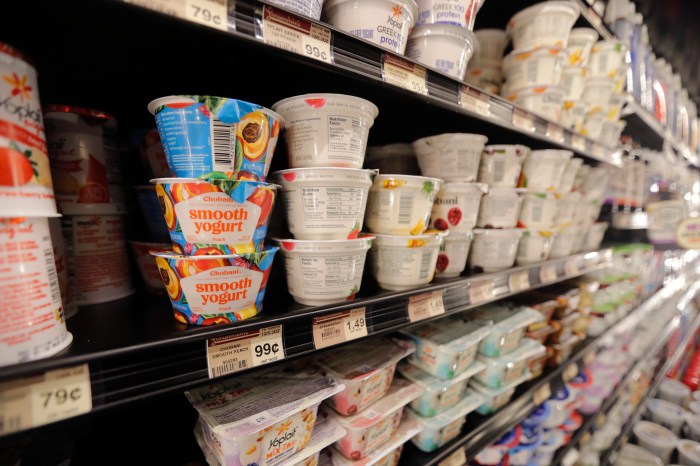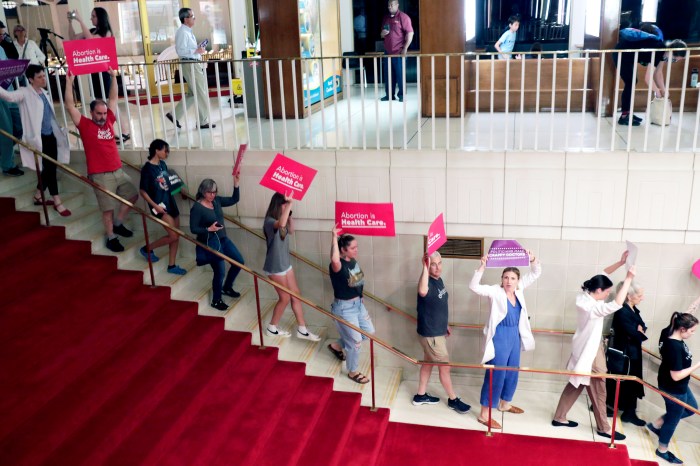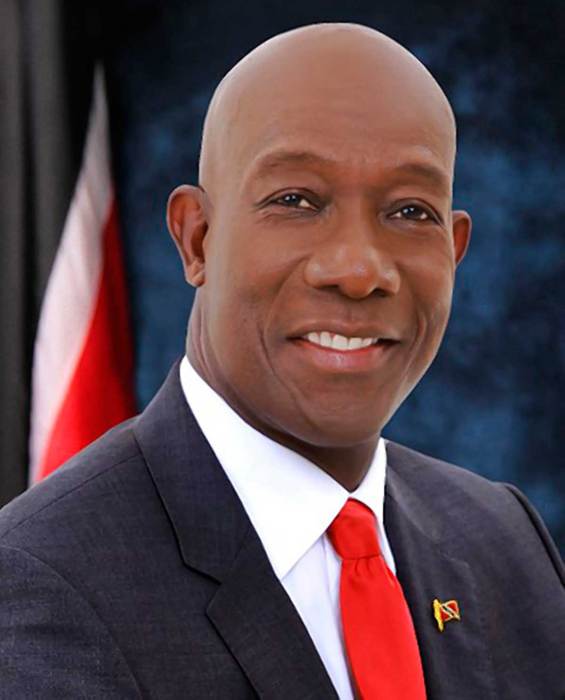(Reuters) – AstraZeneca, Eli Lilly, Regeneron and GlaxoSmithKline are among the biggest pharmaceutical companies to have developed COVID-19 treatments using a class of drugs called monoclonal antibodies, but the spread of the highly contagious Omicron variant has put the therapies’ effectiveness into question.
Laboratory-made monoclonal antibodies mimic natural antibodies in fighting off infections. Unlike vaccines, they do not rely on the body to create an immune response, and can therefore help individuals with weak or compromised immune systems.
Below is an outline of where the major drugmakers are in the development and regulatory process:
ASTRAZENECA
* AstraZeneca’s antibody cocktail, Evusheld, is delivered by intramuscular shot.
* On Dec. 8, the U.S. regulator FDA authorised use of Evusheld to prevent COVID-19 infections in people with weak immune systems or a history of severe side effects from coronavirus vaccines.
* The EU drug regulator is reviewing the treatment.
TRIALS:
* In June, AstraZeneca said a trial had not shown the therapy could stop individuals exposed to coronavirus from contracting it.
* Later trials showed Evusheld reduced the risk of people developing COVID-19 symptoms by 77% and that it lessened the risk of severe illness or death by 50% in non-hospitalised patients who have had symptoms for seven days or less.
* Evusheld is effective against the Omicron coronavirus variant, AstraZeneca said.
SUPPLY DEALS:
* The U.S. government in mid-January agreed to buy an additional 500,000 doses of the treatment, adding to previous purchase of 700,000 doses.
* Britain also has an in-principle agreement for over a million doses.
ELI LILLY & CO
* The U.S. pharmaceutical group’s treatment, a combination of the antibodies bamlanivimab and etesevimab, is meant for patients with mild-to-moderate COVID-19.
* It has so far been given by infusion, or drip, only.
* On Jan. 24, the U.S. revised the therapy’s emergency use authorisation (EUA), granted in February last year, to limit its use, saying it is unlikely to work against the Omicron variant
* In late October, Eli Lilly withdrew its request for EU authorisation, saying lack of demand in the bloc did not justify submitting further data.
TRIALS:
* The combination helped cut risk of hospitalisation and death in patients by 70%, early data from a late-stage trial showed in January last year.
* German researchers found it loses most of its effectiveness when exposed to the Omicron variant in lab tests.
SUPPLY DEALS:
* Eli Lilly announced in September an agreement to supply up to 220,000 doses to the European Union.
* The United States bought 100,000 doses of the antibody cocktail in February, followed by 388,000 doses of etesevimab in September. The country had already committed to buying a total of 1,450,000 doses of bamlanivimab alone.
GLAXOSMITHKLINE
* GlaxoSmithKline and Vir Biotechnology partnered to develop the COVID-19 antibody drug Xevudy, chemically called sotrovimab.
* It was shown to work as a shot in the arm and as an infusion.
* In May, the FDA granted sotrovimab, as an intravenous infusion, an EUA for treating mild-to-moderate COVID-19 in people aged 12 years and older and the companies are seeking approval to also administer it as a shot in the arm
* It received approval as a COVID-19 treatment in Japan in September and in Britain and the EU in December.
TRIALS:
* Analysis shows the drug is effective against the new Omicron variant.
* It is being studied as a possible treatment for hospitalised patients in a British study.
* In a late-stage study, it resulted in a 79% reduction in risk of hospitalisation for more than 24 hours or death due to any cause.
SUPPLY DEALS:
* The U.S. agreed in January to buy 600,000 more doses of sotrovimab for an undisclosed sum, building on a $1 billion order from November.
* The EU signed in July a contract with GSK for the supply of up to 220,000 doses.
* It signed a deal to supply 20,000 more doses to Canada after an initial agreement for 10,000.
REGENERON
* The single-dose Ronapreve, known as REGEN-COV in the U.S. and developed by Regeneron and Roche, is a combination of two antibodies (casirivimab and imdevimab) and can be taken via injection or infusion.
* REGEN-COV has received approval or emergency approval for the prevention and treatment of COVID-19 from countries including Japan, the U.S. and Britain
* On Jan. 24, the U.S. revised the drug’s authorisation, limiting its use, as data shows it is unlikely to work against the Omicron variant.
* The EU drug regulator recommended Ronapreve for treatment in patients over 12 who do not require oxygen support and are at high risk of severe disease, and for prevention in people over 12 weighing at least 40 kilograms (88 lb).
TRIALS:
* Data from a late-stage trial shows a single dose reduced the risk of contracting COVID-19 by 81.6% in the following two to eight months while a separate study showed a 20% reduction in the risk of death for hospitalised patients whose immune systems had not produced a response.
* Earlier, it was announced REGEN-COV helped cut the risk of symptomatic infections by 81% among people in households where another member was ill.
* German researchers found it loses most of its effectiveness when exposed to the Omicron variant in lab tests.
SUPPLY DEALS:
* As of September, the U.S. government had purchased nearly 3 million doses.
* In June, the EU secured 55,000 doses for 37 countries, including Britain and other non-EU nations.
(Compiled by Lucinda Langlands-Perry, Valentine Baldassari and Olivier Sorgho; Editing by Milla Nissi and Bernadette Baum)

